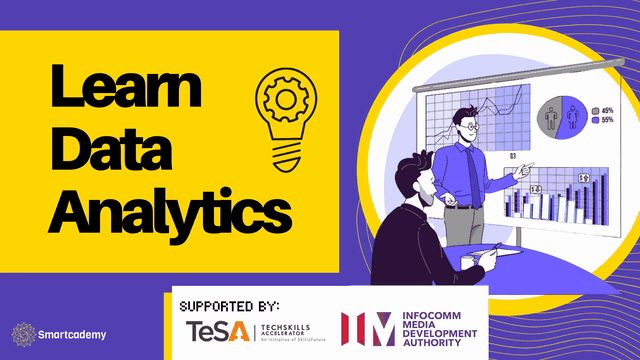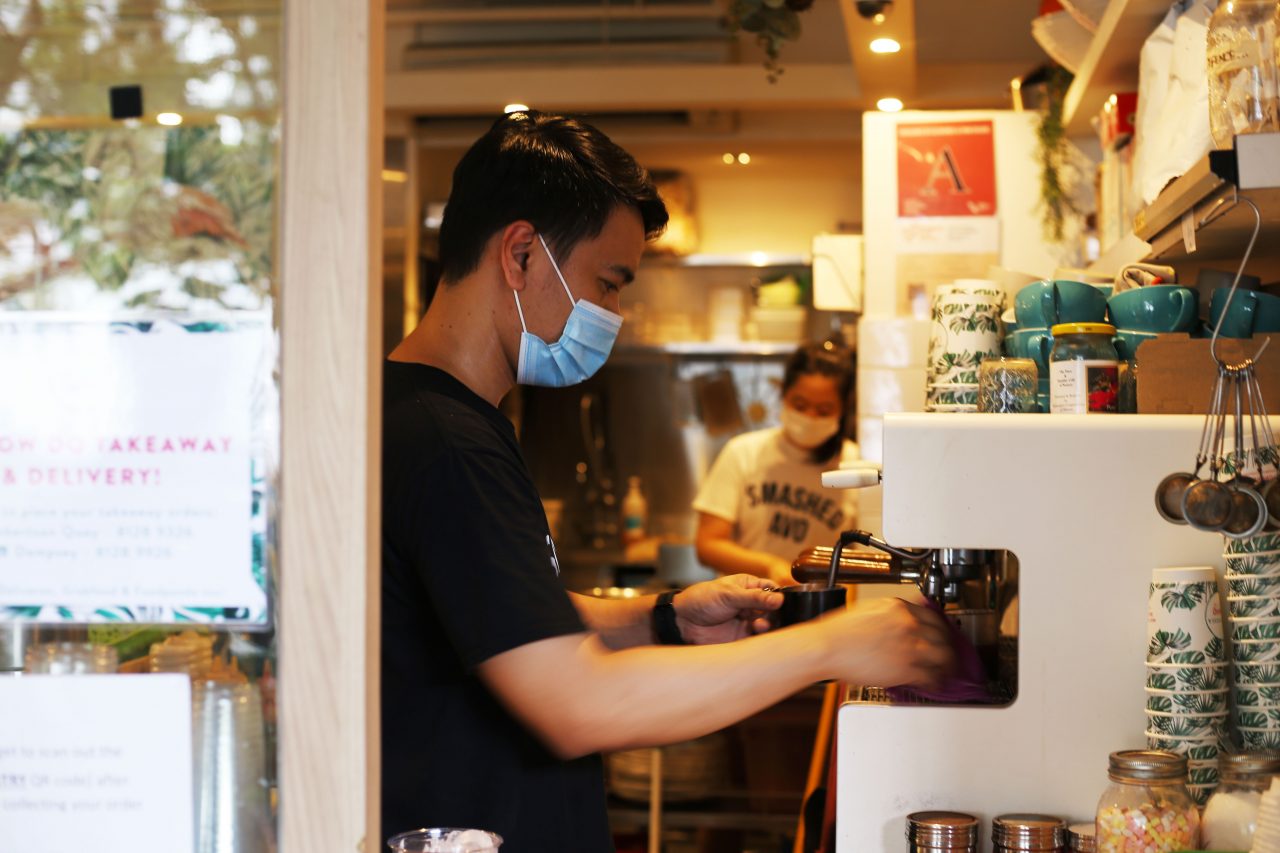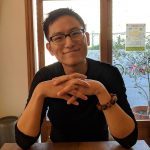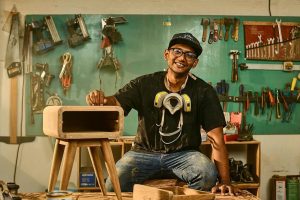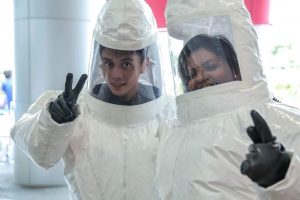When I tell a Singaporean that I spent the first eight years of my career as a data scientist for large financial institutions and cybersecurity startups, their first response is always surprise, followed by visible confusion.
“Wow, data science is a trendy field these days. You must have studied coding in school,” they’d say. This is followed by the inevitable question, “Why would you leave such a lucrative career path to become a writer for RICE?”
This line of thinking is based on a set of faulty assumptions. First, it assumes that coming out of school, I needed the right ‘credentials’ to become a data scientist (false, I was a liberal arts major). Second, that in this increasingly digitised economy, there’s such a thing as a well-defined and linear career path.
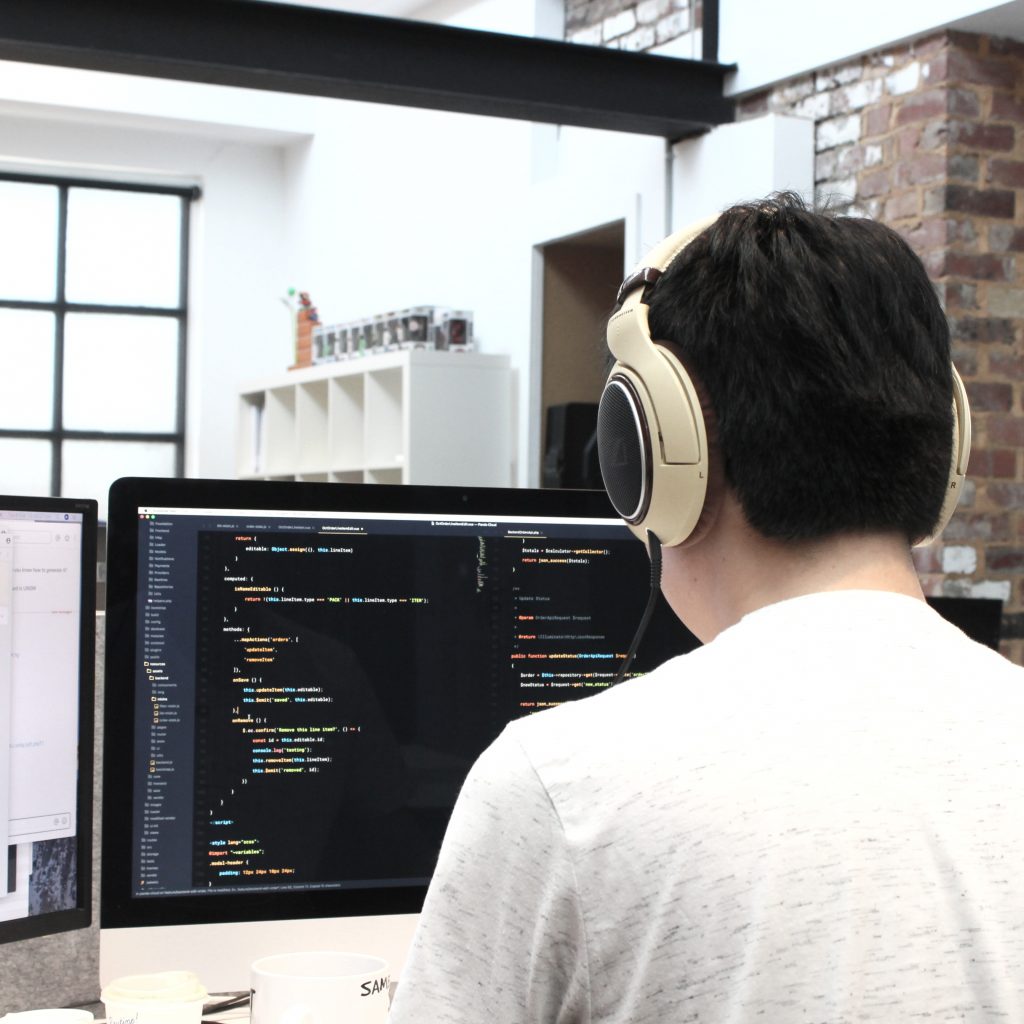
While this may still be true for fields like medicine and law, for most other industries, the nature of work has changed permanently. In response, Singaporeans need to learn how to adapt quickly in order to stay relevant.
This is not as simple as upskilling in digital tools like data analytics. It’s also about finding ways to incorporate those skills into your overall career strategy.
In other words, it’s not just about what you choose to learn, but what you’re learning it for.
The Game Has Changed
Traditionally, Asian families have prized stability and predictability in our careers. But it’s precisely this expectation that puts us at a disadvantage in the new economy.
“The game has changed,” said Adrian Choo, CEO of CareerAgility.org, a career consulting firm specializing in career coaching for mid-level professionals, “but some Singaporeans are still stuck in the old ways of thinking.”
When most people think about the job hunt, they end up getting bogged down by low-value tasks like polishing up their CVs and LinkedIn profiles.
Instead, they should be asking themselves:
-What’s my career strategy?
-Do I have the right network? If not, how can I start building one?
-What’s my pitch to employers?
-How do I differentiate myself from other candidates?
“Job leakage will be the greatest risk to Singapore over the next 5-10 years,” said Adrian.
“During the pandemic, employers have started to realise that remote teams are just as effective. In the coming years, the next logical step to cut costs would be to shift those jobs from high-cost cities like Singapore to low-cost cities like Kuala Lumpur or Manila.”

3 Keys to Future-Proof Your Career
In this context, simply ‘learning to code’ will not save Singaporeans from becoming obsolete. Instead, Singaporeans need to understand how coding complements their other areas of expertise and skill sets.
These 3 practices are a good place to start:
1. Being self-aware of what makes you unique
This means evaluating our own strengths and weaknesses honestly—outside of social and family pressures.
In my case, though I graduated university with a liberal arts degree, I’ve always been interested in data analytics and how it can help people make better decisions. Since secondary school, I’ve had a strong passion for the NBA, specifically the analytics movement that uses statistics to assess the relative impact of basketball players. My early interest in the financial markets also led me to pick up Python, as I experimented with the Python data analysis library (pandas, numpy, Quantopian) in my spare time.
Combining this with my more literary instincts has allowed me to become equally adept at communicating insights with words and data, and that is what differentiates me from your typical liberal arts and computer science graduate.
2. Practise radical open-mindedness
When it comes to our careers, we’re often told to ‘follow our passion’.
According to Adrian, this is terrible advice. Not because pursuing your passion is necessarily a bad idea, but because it’s a very narrow way of looking at our careers.
“Usually when people are asked what their passion is, they come up with multiple things,” said Adrian. “So if you advise someone to only pursue their passion, it’s really narrowing their options down to one.”
For example, instead of saying, “My passion is to write fiction,” a broader way to frame it would be to say, “I want to tell compelling stories, using words and data, to help people gain a better understanding of the world.”

If your passion is to become an artist, it might make more sense to experiment with different mediums of visual expression (eg. graphic design or UI/UX design), while learning how to promote your own work and brand through digital marketing.
Moving away from the ‘passion-or-bust’ mentality, our career options open up significantly, allowing us to be more flexible in moving to adjacent skillsets or industries that align with our strengths and interests.
3. Pivot to new opportunities quickly
This means being opportunistic and trusting in your own ability to learn things on the fly.
“Oftentimes, some Singaporeans avoid taking on new responsibilities for fear of failure or thinking that they need to have the right qualifications first,” said Adrian. “But someone who’s agile in their career would leap at the chance—even before they think they’re ‘ready’. As a result, they progress much faster.”
This is the key difference between the fixed vs. growth mentality. Instead of playing by the rules and accepting incremental progress, having a growth mentality means being able to accept discomfort and the possibility of failure for the chance to make a quantum leap in our careers.

Beyond Resilience
Resilience has become such an overused word in the Singaporean vocabulary that we don’t stop to think about what it really means.
According to the author Nassim Nicholas Taleb of the book Antifragile, “The opposite of fragility is not resilience, but something that gains from disorder. The resilient resists shocks and stays the same; the antifragile gets better.”
Having been protected and shielded from competition for far too long, Singaporeans must learn how to pivot quickly in order to capture new opportunities—both domestically and abroad.
“The best way for Singapore to prevent job leakage to Malaysia or the Philippines is to start taking Australian and U.S. jobs,” said Adrian.
“The digital economy has opened the floodgates to competition on a global scale. This is both a risk and an opportunity.”
To do so, soft skills like agility and adaptability become more important than ever.
Increasingly, it’s not just about what you know, but how fast you can acquire new skills that complements both your own career strategy and the needs of the market. Instead of adding meaningless line items to our Linkedin profiles and CVs, we need to be able to show our value through a portfolio of work.
Sometimes this means grabbing opportunities before we think we’re ready or ‘qualified’, while keeping an open mind to new fields in adjacent industries.
So yes, while digital skills like coding are necessary, it is just one of many tools in the toolkit.
In order for Singaporeans to truly differentiate themselves, they need to know why they want to learn something and how it fits with their broader career goals.
This article was sponsored by Smartcademy, Singapore’s leading training provider for in-demand tech skills & career transformation.
Learn more about Smartcademy’s courses on data analytics, digital marketing, UI/UX design and web development.
